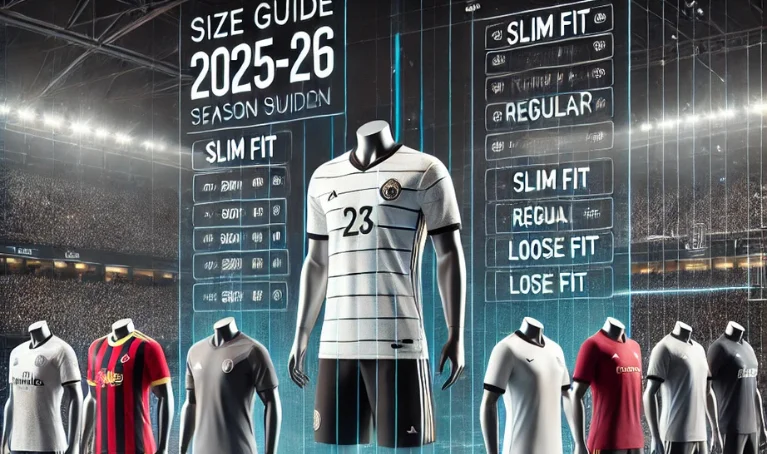The neighbors weren’t thrilled when the oversized dumpster landed halfway in the street.
Two days later, a ticket was slapped on the side like a badge of shame. A costly mistake—and all because someone didn’t read the fine print (or check Denver’s dumpster rules).
If you’re planning to rent a large dumpster in Denver, don’t be that person. Save the fines, skip the dirty looks, and read this first. Permits? Yep. Placement rules? You bet. Local quirks? Absolutely. Here’s the only guide you’ll need to get it right the first time.
Why Go Big?
Because your little curbside bin isn’t cutting it.
Whether you’re tearing out a kitchen, re-roofing a house, or Marie Kondo-ing your life into oblivion, your trash needs more room. A lot more.
Large dumpster rental means fewer dump runs, less stress, and a cleaner job site. It’s efficient, it’s effective—and when done right, it’s totally legal.
Do You Need a Permit? (Probably.)
Here’s the rule of thumb: Private property? You’re probably fine. Public property? Get the permit.
If your dumpster sits entirely in your driveway, congrats—you’ve bypassed most of the red tape. But the second it touches Denver’s streets, alleys, or sidewalks? You’re in permit territory.
The Paperwork Breakdown:
- Issued by Denver’s Public Works.
- Requires details: size, location, rental dates.
- Fees vary (but they’re cheaper than fines).
- Sometimes traffic control measures are required. (Yes, seriously.)
The good news? A good rental company will walk you through it—or even handle it for you. (Looking at you, Trash Daddy.)
Placement: Not Just “Where It Fits”
You can’t just drop a dumpster like a mic.
Denver cares a lot about where that big metal box goes. And so should you.
Rules of the road (or driveway):
- Private Property: Ideal. No permit. No city drama.
- Public Streets/Alleys: You’ll need that permit. And clearance from fire hydrants, crosswalks, utility access points, etc.
- No Sidewalk Takeovers: Blocking pedestrian access is a fast track to city citations—and cranky foot traffic.
- Make It Visible: Reflective tape, cones, barricades…it’s not a party, it’s a safety requirement.
Put simply: Your dumpster can’t inconvenience, obstruct, or endanger. Period.
What Can’t Go In? (Trickier Than You Think)
Not all trash is created equal. Denver—and your rental company—has rules about what goes in the bin.
Off-limits materials include:
- Hazardous waste
- Paints, solvents, oils
- Tires
- Electronics
- Appliances with freon
Pro tip: Don’t assume. Ask your dumpster provider for a full list. Getting caught dumping banned materials? That’s a fast track to fines and extra disposal fees.
Size Matters—But Don’t Overdo It
You don’t want to order a dumpster the size of a city bus for a garage cleanout.
Popular large sizes in Denver:
- 20-Yard Dumpster: The “just right” of bins. Good for remodeling and cleanouts.
- 30-Yard Dumpster: Great for big reno projects or bulky construction debris.
- 40-Yard Dumpster: Reserved for major demolition or commercial builds.
Not sure what you need? Don’t guess. A reliable rental company will talk you through it. (Spoiler: It’s cheaper to go a little bigger than pay for a second load.)
Time Limits, Trash Limits, and Common Pitfalls
Dumpster rental isn’t the Wild West. Denver has rules, and ignoring them won’t end well.
- Permit Time Limits: Typically 7–14 days. Need more time? Apply for an extension.
- Weight Limits: Dumpsters have max capacities. Go over, and you’ll feel it in your wallet.
- No Overflowing: Materials can’t rise above the dumpster rim. Denver’s not playing around with roadside safety.
Why Go Local?
Out-of-town dumpster chains? They won’t know Denver’s dumpster dos and don’ts.
But local companies? They’ve seen every alley, permit wrinkle, and HOA dispute in the book.
TL;DR: Don’t Wing It
Renting a large dumpster in Denver isn’t rocket science—but it’s also not a free-for-all.
Permits. Placement. Regulations. They all matter.
Do your homework. Ask questions. Partner with a local company that won’t leave you hanging. And for the love of all things clean and legal, don’t block a fire hydrant.
Your wallet—and your neighbors—will thank you.








